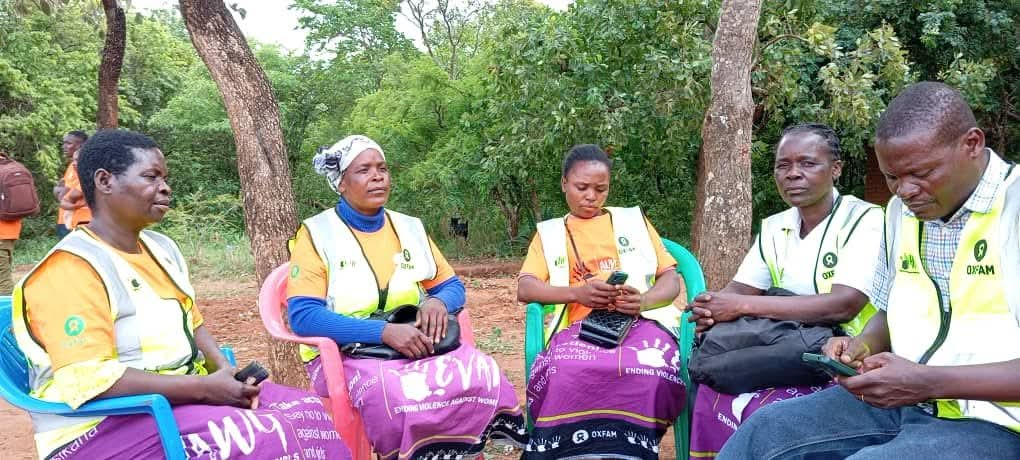By Jones Gadama
The Ministry of Higher Education has directed all higher education institutions in Malawi to remain vigilant for students showing signs of Mpox, following the confirmation of four cases of the disease in the country.
In a statement signed by the Secretary for Higher Education, Levis Kaliyasi Eneya, the ministry instructed school authorities to immediately refer any suspected cases to the nearest health facility.
Health expert George Jobe has commended the ministry for taking proactive measures to prevent the spread of Mpox in higher education institutions. “The directive is a timely intervention that will help identify and contain potential outbreaks,” Jobe said.
However, he urged the government not to suspend classes, warning that such action could disrupt students’ education.
“Suspending classes would not only affect students’ academic progress but also have broader economic and social implications,” Jobe said. Instead, he called on institutions and the general public to strictly adhere to health guidelines to help contain the spread of the disease. “By following simple health measures such as frequent handwashing, wearing masks, and avoiding close contact with infected individuals, we can significantly reduce the risk of transmission,” Jobe added.
The Ministry of Health has confirmed four cases of Mpox in the country, prompting concerns about the potential spread of the disease.
Mpox, formerly known as monkeypox, is a viral disease that can cause symptoms such as fever, headache, and skin rashes.
While the disease can be severe in some cases, prompt medical attention and adherence to health guidelines can help prevent serious complications.
The directive from the Ministry of Higher Education emphasizes the importance of vigilance and cooperation in preventing the spread of infectious diseases.
By working together, institutions and individuals can help contain outbreaks and protect public health.
Higher education institutions are expected to take proactive measures to prevent the spread of Mpox, including educating students about the disease and promoting healthy behaviors.
“Institutions should also ensure that students have access to medical care and support services in case of an outbreak,” Jobe said.
The Ministry of Higher Education’s directive is a proactive measure aimed at protecting the health and well-being of students in higher education institutions.
By prioritizing health and safety, institutions can help prevent the spread of infectious diseases and ensure a safe learning environment for all students.
The Ministry of Higher Education’s directive to remain vigilant for Mpox cases is a timely intervention that will help prevent the spread of the disease in higher education institutions.
By adhering to health guidelines and promoting healthy behaviors, institutions and individuals can help contain outbreaks and protect public health.




